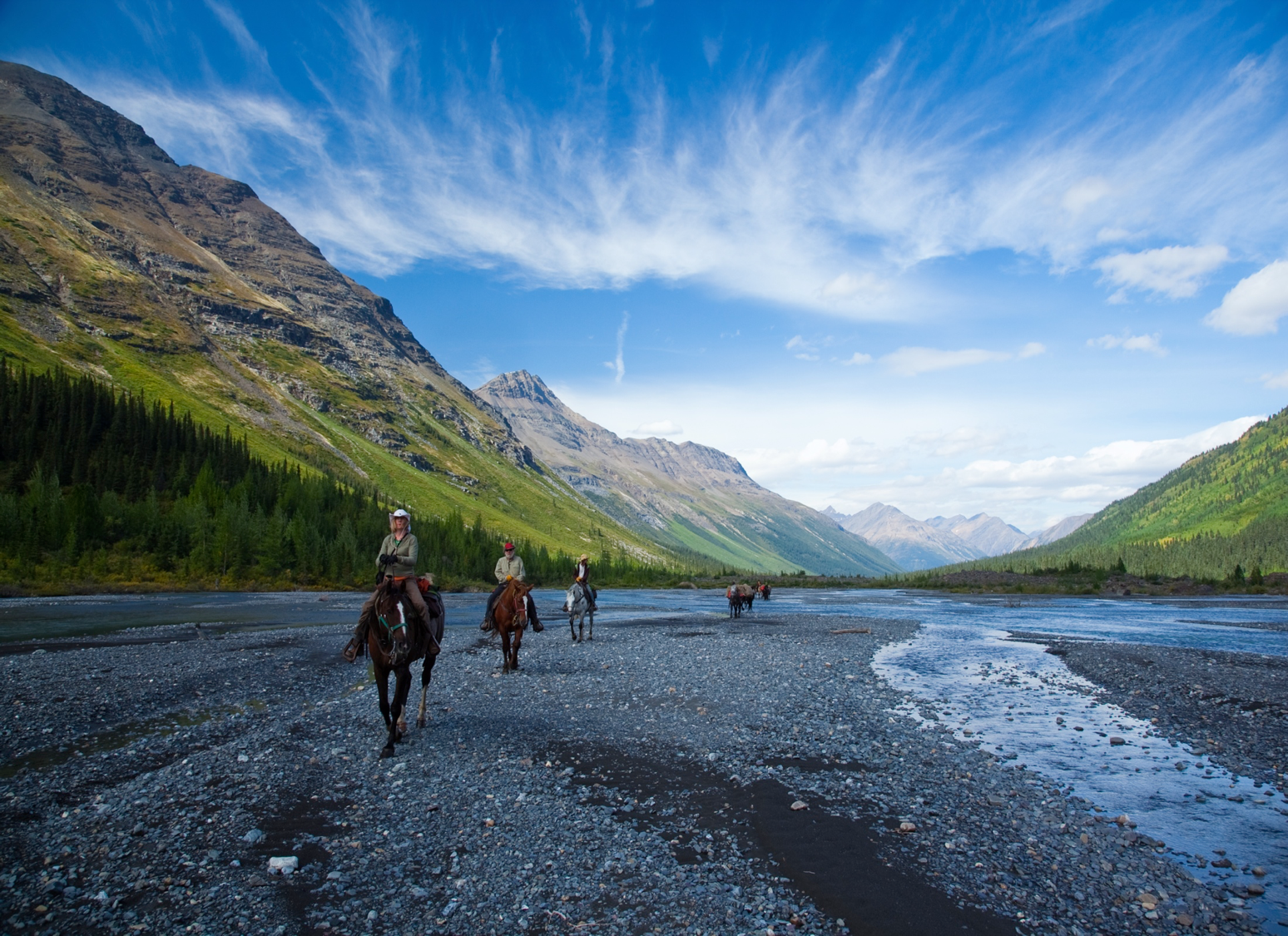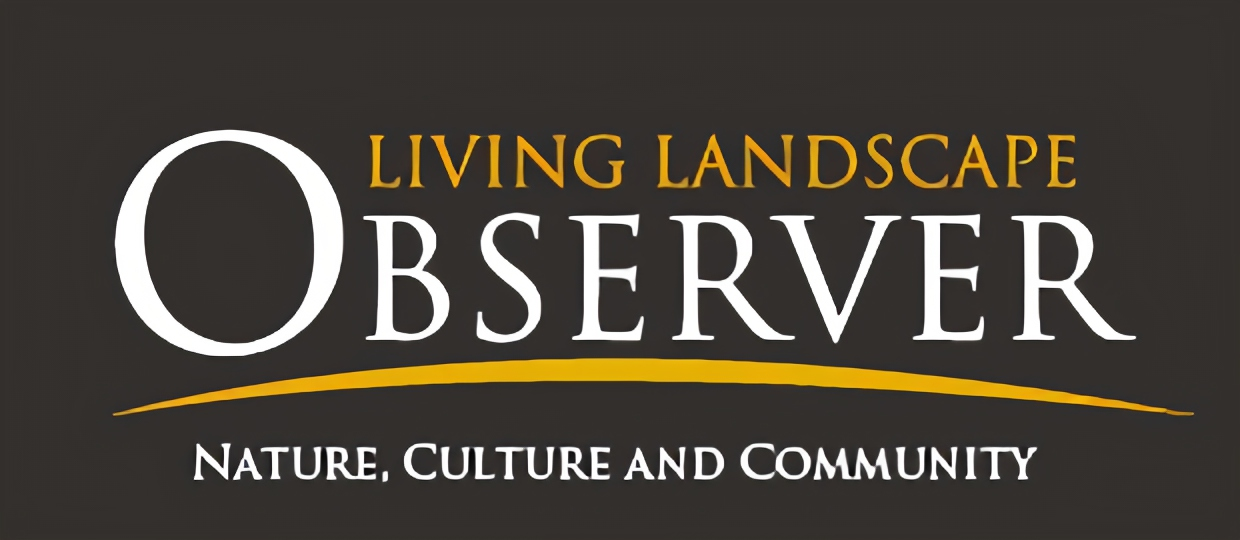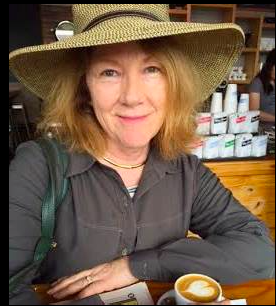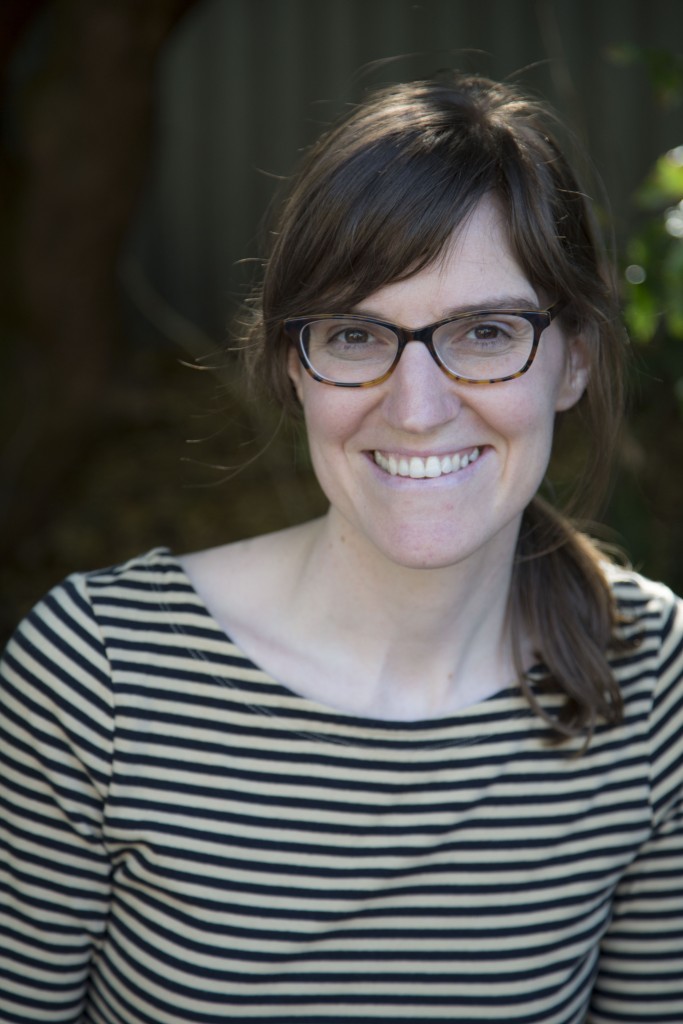To provide observations and information on the emerging fields of landscape scale conservation, heritage preservation, and sustainable community development.
Newsletter
Stay up-to-date with the latest nature, culture and community news.
We won’t spam you or share your information. Newsletters are sent approximately 10 times a year. Unsubscribe at any time.

Network for Landscape Conservation: A Lesson in Nature and Culture
The Coordinating Committee of the Network for Landscape Conservation gathered for a picture on Boneyard Beach, Bull Island in the Cape Romaine National Wildlife Reserve in South Carolina. The field trip kicked off an April retreat in Charleston South Carolina to finalize the outcomes of the recent National Forum for Landscape Conservationand to identify strategic initiatives to advance the conservation at a landscape scale.The low country region is a great example of a conserved natural landscape with four Federal Wildlife Refuges, designation as the Carolinian-South Atlantic Biosphere Reserve, and ACE Basin Project that manages over 100,000 of protected lands and estuaries. However, it is the cultural heritage of the region, it is one of the centers of Gullah Geechee culture, that makes the landscape of truly global cultural and natural significance.

A Nature Culture Journey at the World Conservation Congress in Hawai’i
The Hawaiian Islands were created by a chain of volcanic hot spots in the Pacific and long settled by voyageurs who travelled thousands of miles across open water. The impacts and adaptation on both the nature and culture of the islands present lessons for future of resource conservation. So it was fitting that the International Union for the Conservation of Nature (IUCN) held its first ever World Conservation Congress on the islands.

Introducing the International Land Conservation Network (ILCN)
The need and the recognition of a growing movement inspired the founding of the International Land Conservation Network (ILCN), which is working to connect organizations and people across a broad spectrum of action relating to private and civic land conservation. The ILCN envisions a world in which the public, private, civic (NGO), and academic sectors, together with indigenous communities around the globe, work collaboratively to protect and steward land that is essential for wildlife habitat, clean and abundant water, treasured human historical and cultural amenities, and sustainable food, fiber, and energy production.

National Academy releases report on Large Landscape Conservation
In November 2015 the National Academy of Sciences (NAS) released a report “An Evaluation of the Landscape Conservation Cooperatives”, which concluded that a landscape approach is needed to meet the nation’s conservation challenges and that the Landscape Conservation Cooperatives (LCCs) provide a framework for addressing that need. The NAS undertook the study pursuant to a Congressional directive to evaluate the LCC program.
Reading: The Science of Open Spaces
My late summer reading list included Charles Curtin’s book The Science of Open Spaces: Theory and Practice for Conserving Large Complex Systems (Island Press 2015). In so many ways this is the book I have been waiting for. As the title promises it tackles working on a landscape scale both on the ground, but also takes a deep scholarly dive into the theories that underpin this work – chaos, complexity and resilience to name just a few.

Network for Landscape Conservation: A Lesson in Nature and Culture
The Coordinating Committee of the Network for Landscape Conservation gathered for a picture on Boneyard Beach, Bull Island in the Cape Romaine National Wildlife Reserve in South Carolina. The field trip kicked off an April retreat in Charleston South Carolina to finalize the outcomes of the recent National Forum for Landscape Conservationand to identify strategic initiatives to advance the conservation at a landscape scale.The low country region is a great example of a conserved natural landscape with four Federal Wildlife Refuges, designation as the Carolinian-South Atlantic Biosphere Reserve, and ACE Basin Project that manages over 100,000 of protected lands and estuaries. However, it is the cultural heritage of the region, it is one of the centers of Gullah Geechee culture, that makes the landscape of truly global cultural and natural significance.

A Nature Culture Journey at the World Conservation Congress in Hawai’i
The Hawaiian Islands were created by a chain of volcanic hot spots in the Pacific and long settled by voyageurs who travelled thousands of miles across open water. The impacts and adaptation on both the nature and culture of the islands present lessons for future of resource conservation. So it was fitting that the International Union for the Conservation of Nature (IUCN) held its first ever World Conservation Congress on the islands.

Introducing the International Land Conservation Network (ILCN)
The need and the recognition of a growing movement inspired the founding of the International Land Conservation Network (ILCN), which is working to connect organizations and people across a broad spectrum of action relating to private and civic land conservation. The ILCN envisions a world in which the public, private, civic (NGO), and academic sectors, together with indigenous communities around the globe, work collaboratively to protect and steward land that is essential for wildlife habitat, clean and abundant water, treasured human historical and cultural amenities, and sustainable food, fiber, and energy production.

National Academy releases report on Large Landscape Conservation
In November 2015 the National Academy of Sciences (NAS) released a report “An Evaluation of the Landscape Conservation Cooperatives”, which concluded that a landscape approach is needed to meet the nation’s conservation challenges and that the Landscape Conservation Cooperatives (LCCs) provide a framework for addressing that need. The NAS undertook the study pursuant to a Congressional directive to evaluate the LCC program.
Reading: The Science of Open Spaces
My late summer reading list included Charles Curtin’s book The Science of Open Spaces: Theory and Practice for Conserving Large Complex Systems (Island Press 2015). In so many ways this is the book I have been waiting for. As the title promises it tackles working on a landscape scale both on the ground, but also takes a deep scholarly dive into the theories that underpin this work – chaos, complexity and resilience to name just a few.


